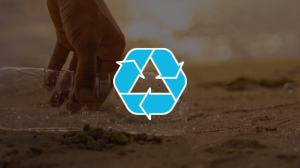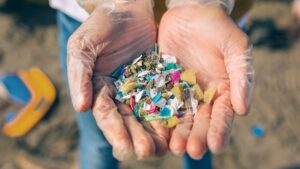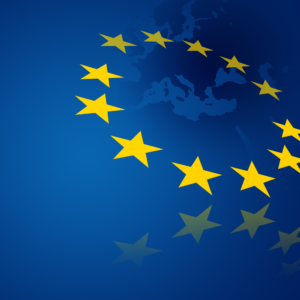Recycling: Could Poorer Countries’ Refusal to Plastic Waste Imports Make the System Fairer?
The world generated 242 million tonnes of plastic waste in 2016 – a figure that’s expected to grow by 70% in the next 30 years. But this same plastic is also a commodity that’s sold and traded in a global industry that generates $200 billion every year.
Exporting plastic waste is one way rich countries dispose of their waste. By selling waste to firms that then send it to countries where recycling costs are cheaper, rich countries can avoid the unpleasant task of finding somewhere at home to dispose of it. Unfortunately, most of this waste is shipped to countries that aren’t equipped to properly manage it.
When wealthy countries export their plastic waste to poorer countries with weaker recycling capacity, those plastics are often dumped, eventually polluting the land and sea. But a recent UN decision could help those countries most affected by plastic litter and with the least capacity to manage it. Due to a little-known treaty called the Basel Convention, poorer countries can now say no to the deluge of exported waste.
The Basel Convention was adopted by the UN in 1989 to manage the flow of toxic waste sent from rich to poor countries. It’s cheaper for wealthy countries to relocate their waste to areas with lower costs and oversight, and so opportunities to abuse the system emerge.
The images of plastic waste piling up on beaches in many developing countries, including on some of the world’s most remote islands, prompted an effort led by Norway to use the Basel Convention for its original purpose.
Norway brought forward a proposal to change how the treaty regulates plastics, by moving many types of plastics from the “non-hazardous” category to a list of wastes “of special concern.”
Starting in 2020, this will require developing countries to be informed if these plastics are in a waste shipment. With this information, countries can give, or revoke, their “prior informed consent”. For the first time, developing countries can refuse a shipment of plastics with the backing of international law.
This decision only applies to low-value, hard-to-recycle plastics. Think of food packaging or single-use water bottles: the plastics are soiled or mixed together (the lid, label, and bottle are different types of plastic), making them difficult to recycle. Most recyclers don’t want these plastics, which don’t generate a profit and increasingly are dumped in the landfills of poor countries.
The trade in global plastics is one driver of this problem, so giving developing countries the right to know what is entering their country and to refuse it is an appropriate solution to waste dumping.
Read the full and original article at TheWire.in



